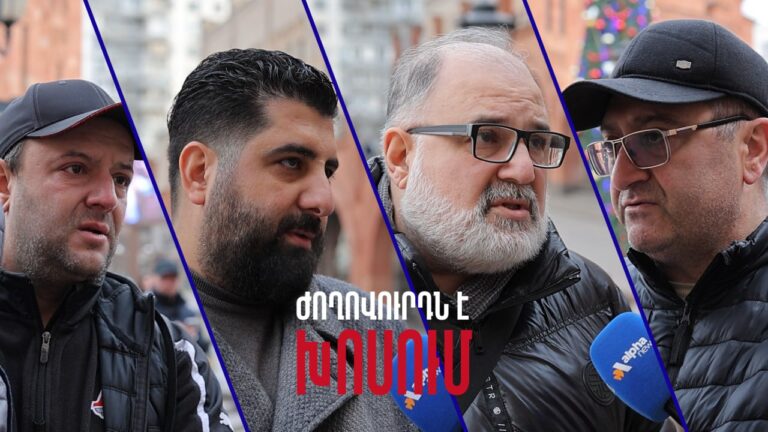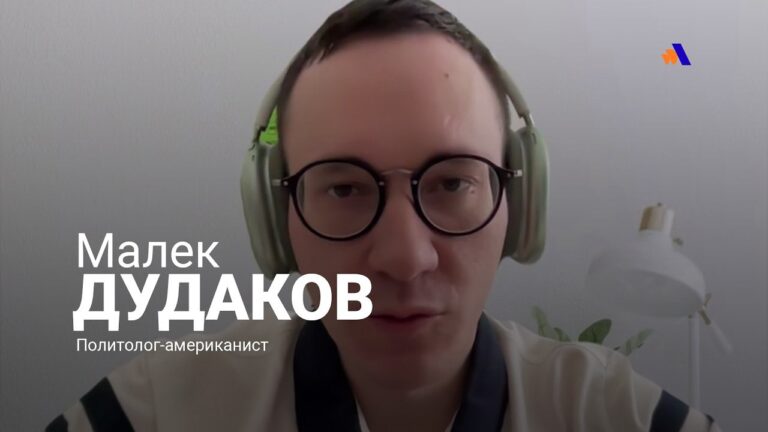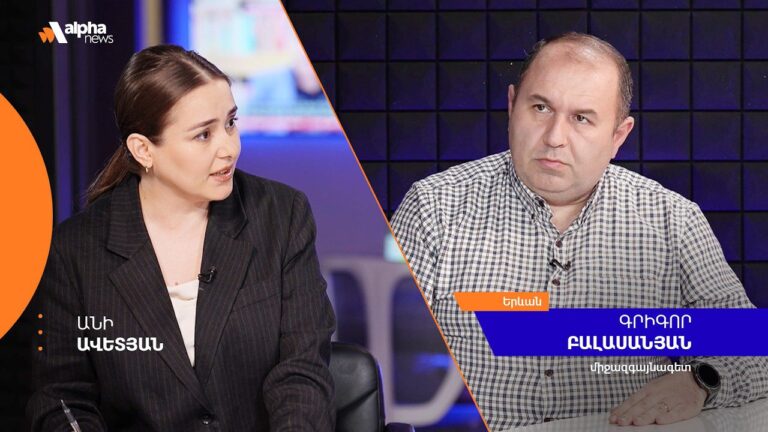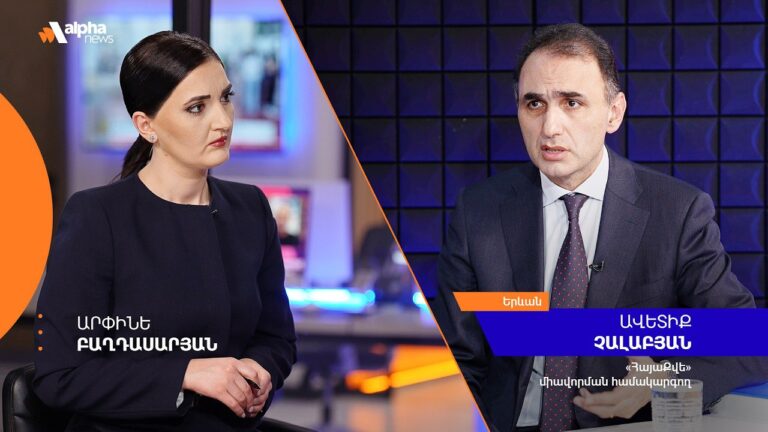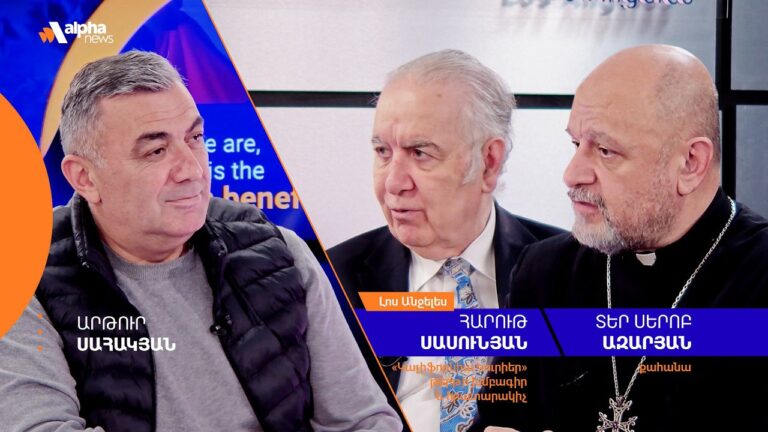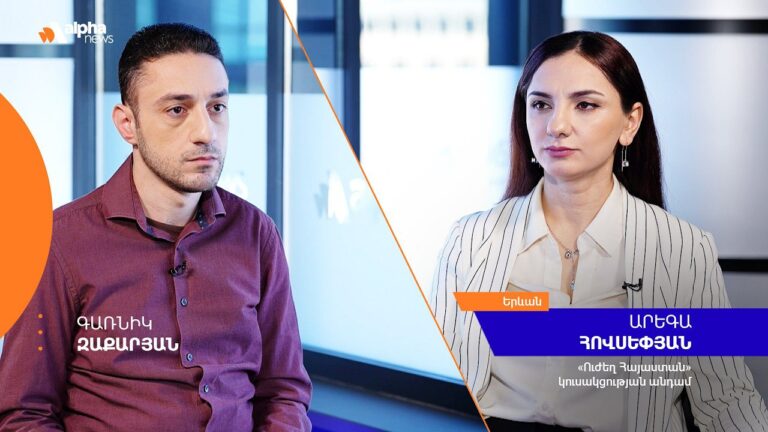‘This accident was planned’: political scientist on death of Iran’s president

Speaking with Alpha News, Associate Professor at the Plekhanov Russian University of Economics Alexander Perendzhiev commented on who could benefit from the death of Iran’s president Ebrahim Raisi.
“This is beneficial, firstly, to those who want to destabilize the situation as a whole in the region, especially in the South Caucasus and the Middle East. Secondly, for those who want to try to interrupt, slow down further work on the creation of the international North-South transport corridor. This is mainly, of course, the US and the European Union. They do not want the transport corridor to develop further. And, of course, this is beneficial for those who do not want a strong currency to emerge, the single currency of BRICS (an interstate association of Brazil, Russia, India, China, and the Republic of South Africa),” Perendzhiev said.
According to the expert, there is a suspicion that something was done before the flight to make the helicopter fall.
“Speaking about versions, I understand that now there are probably no versions about the assassination attempt. They simply state that there were some technical problems, indirectly pointing to the United States, which did not want to help in the repair and modernization of these helicopters. The problem is that it was the helicopter in which the President of Iran was flying that crashed, and the helicopters with security flew. That is, there is still a suspicion that some kind of sabotage was done before the flight to make the helicopter fall. This could also be a deliberate breakdown, considering Turkey’s statement that there were no signal lights.
There are many signs that this is not just an accident. These are most likely deliberate actions to make it appear as an accident. But in fact, I am inclined to believe that this accident was planned. Most likely, there will be more statements by Iranian officials. It is clear that they will not rush to make any statements if they do not have specific facts. Much depends on technical expertise,” Perendzhiev concluded.

